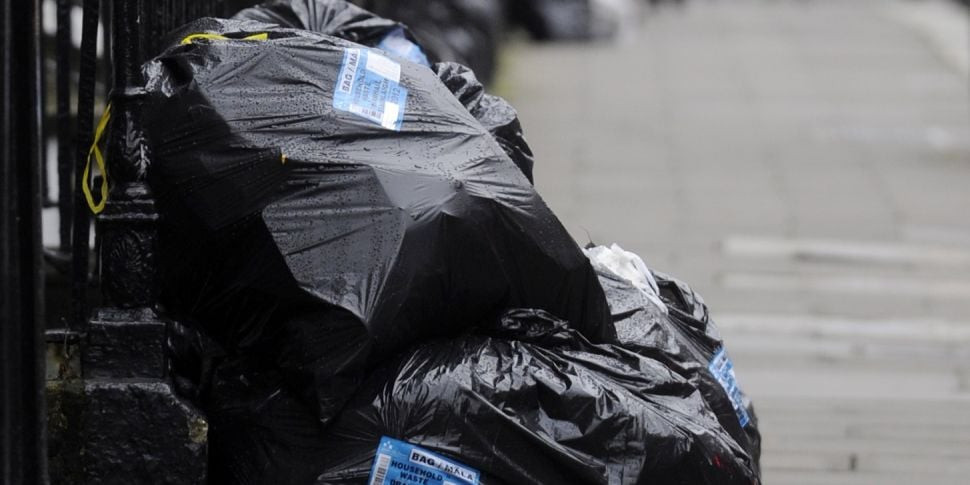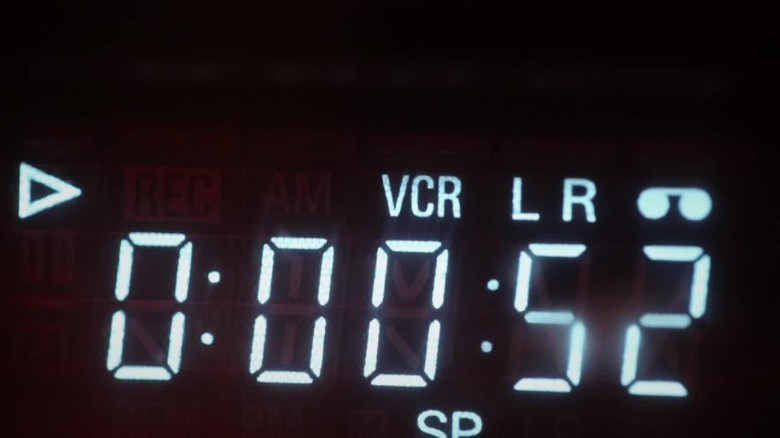A bin bag ban will be introduced in Dublin city centre from this month in a move to crack down on litter from ripped plastic refuse sacks strewn across the city’s streets. The problem has been exacerbated, the council said, by the introduction of the deposit return scheme which has resulted in people deliberately ripping open bags seeking bottles and cans to retrieve cash deposits at return machines.
Since 2016 thousands of homes and business in the city have had a derogation from the requirement to use wheelie bins due to a lack of space to store the waste receptacles at their properties. Streets in the city centre or inner suburbs with no front gardens and no direct back access were mostly affected. Residents were granted the exemption after successfully arguing they would have to keep wheelie bins in their houses, or drag them through their homes from enclosed back yards. The exemption also applied to commercial premises with no waste storage facilities.
Dublin City Council has over several years trialled alternatives to the use of plastic bin bags in an attempt to combat the severe litter problem caused when the bags are ripped apart by vermin, seagulls, foxes and household pets. The council has now decided to allow the city’s waste collection companies to determine the most appropriate waste receptacle for their customers, but this can no longer include plastic bags.
Dublin City Center Bin Bag Ban: Implementation and Timeline
The new arrangement will start from September 16th on 90 streets in the core of the city centre and will apply to all “retail, commercial and residential buildings”, the council said. The initial 90 streets are on the southside of the city and include Grafton Street, Temple Bar, College Green, Dame Street, Exchequer Street, Fleet Street, Aungier Street, Baggot Street Lower, Chatham Street, Kildare Street, Molesworth Street, Nassau Street, Parliament Street and surrounding areas.
Legislation requiring the use of bins instead of refuse sacks came into force in 2016 but residents and businesses on more than 1,000 streets in the capital were exempt from the new rules because their properties were unsuitable for bins. A transitionary period of just more than three months will be in place, but by January 1st all occupiers of buildings on these streets “will not be allowed present waste in plastic bags on city streets for collection”.
The Future of Waste Management in Dublin
The council on Monday said it has “begun a review of this arrangement and intend to commence a process to remove this derogation on as many streets as possible”. The council is also about to sign a contract with a new CCTV provider to catch illegal dumpers. “We’re only a matter of weeks away from the first erection of the first CCTV scheme,” Mr Woods said.
It said it is still considering the best waste collection arrangements for largely residential streets including “the potential of a communal storage” and “products for customers to use which can replace or protect plastic bags on the kerbside, including the reusable caddie and Bagbin.” Bagbin is a collapsible container which can hold a number of bin bags and was trialled in a number of locations in the city in recent years. In addition to the city centre bin bag ban, the council is to require all waste collection companies in the city to furnish details of households with collection contracts. This will enable the council to compile a “reverse register” to determine which residents are not paying for their waste to be collected, said Barry Woods, head of waste management with the council.
A Cleaner, More Sustainable Future for Dublin
This will enhance the council’s ability to “take prosecutions” and “reduce illegal dumping and to encourage more people into waste collection contracts”, he said. The bin bag ban is expected to have a significant impact on the city's waste management system. By encouraging the use of wheelie bins and cracking down on illegal dumping, the council hopes to create a cleaner and more sustainable future for Dublin.
The new regulations are likely to have a significant impact on residents and businesses in the city center. By requiring the use of wheelie bins, the council aims to reduce the amount of litter and create a cleaner and more environmentally friendly city. The council's efforts to remove the derogation on as many streets as possible and its investment in CCTV technology demonstrate its commitment to tackling the issue of waste management in Dublin.


















